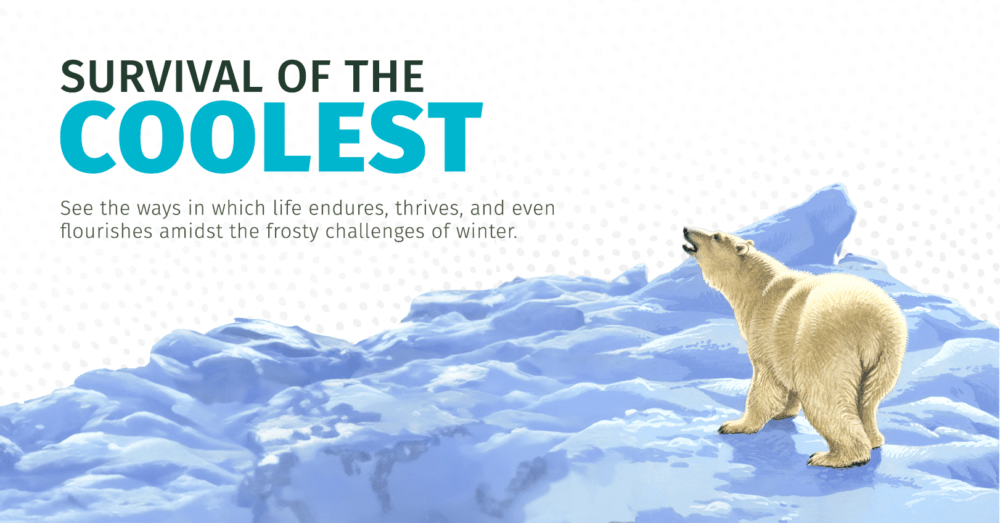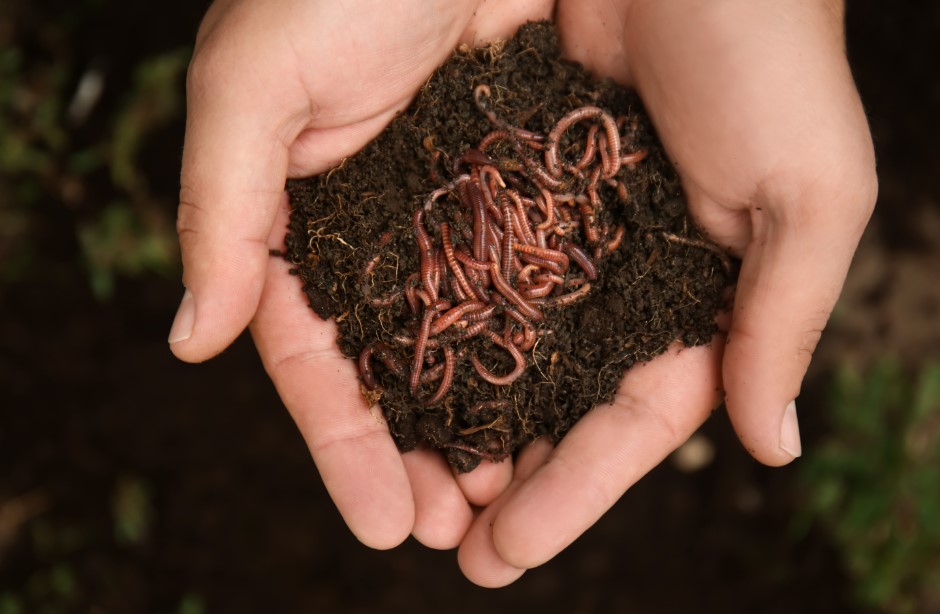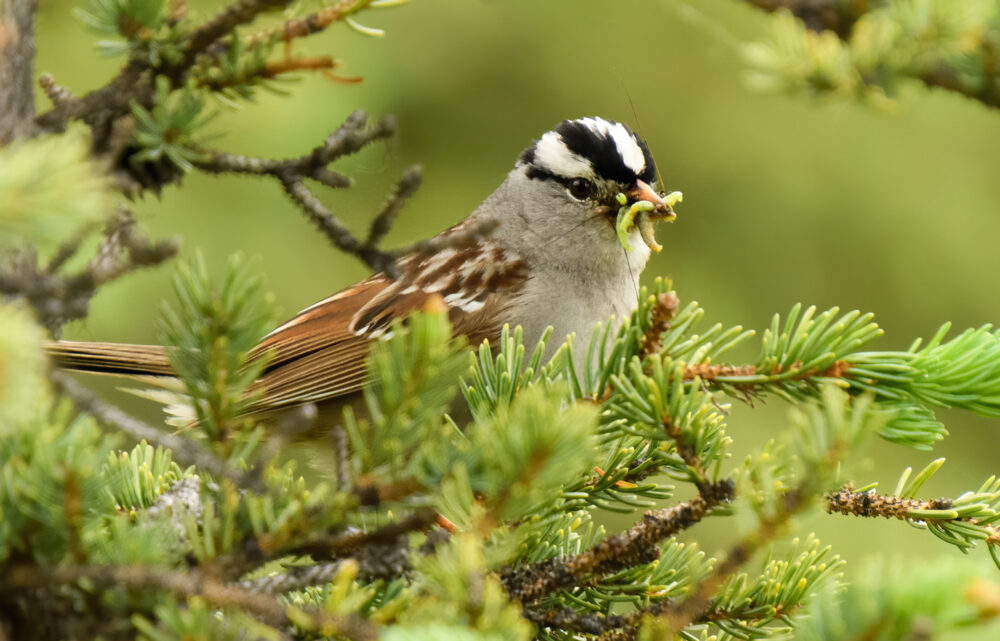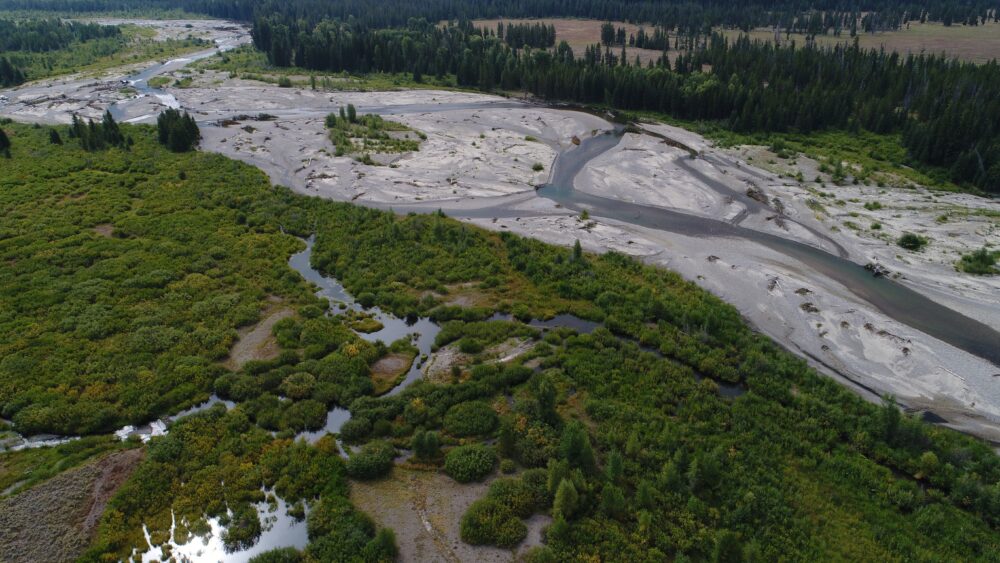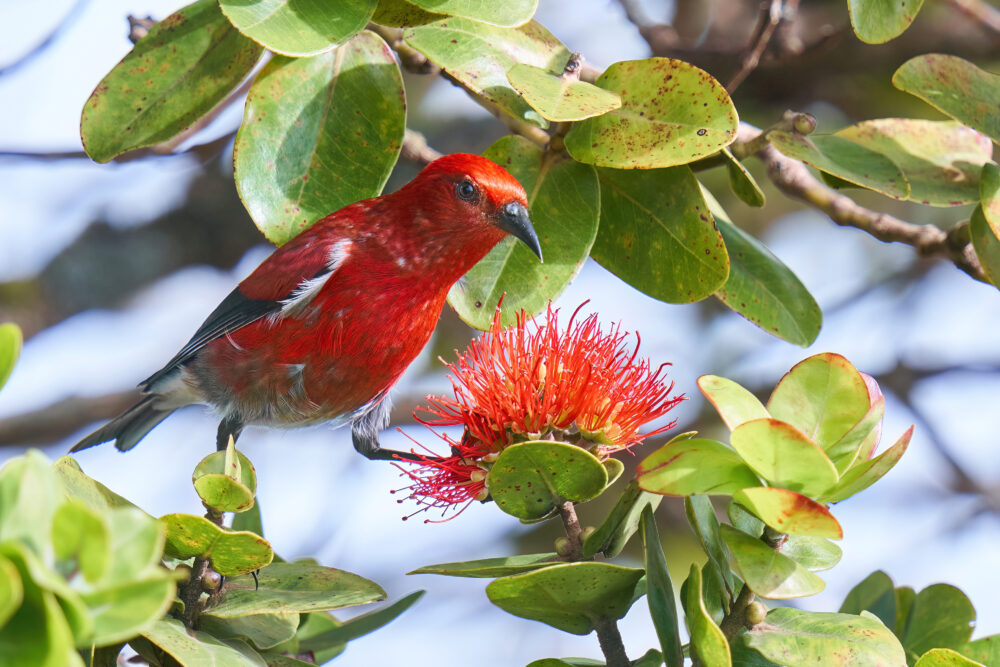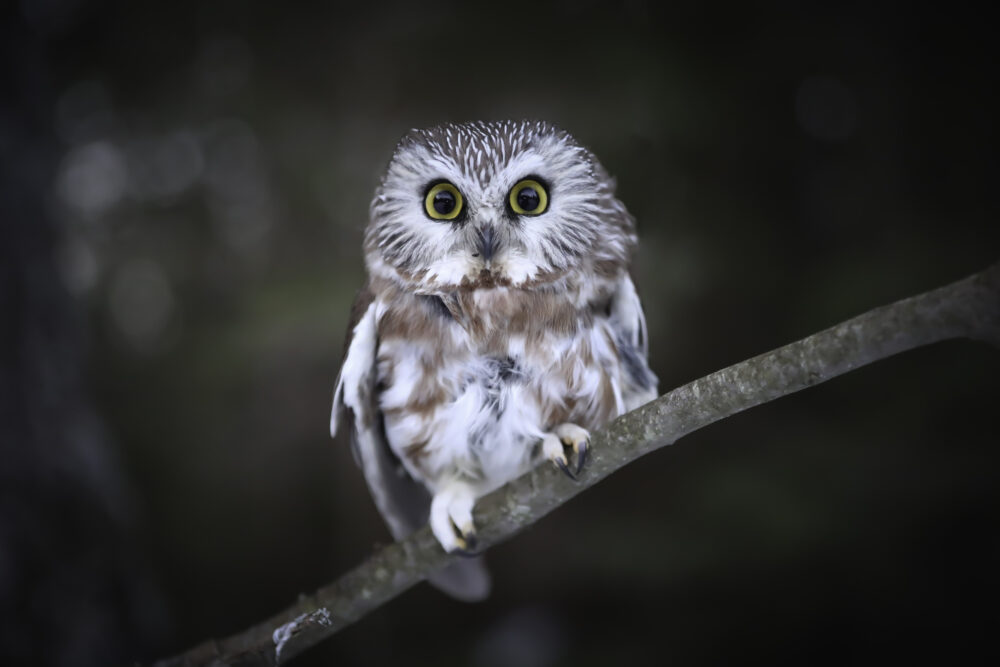We have much more to do and your continued support is needed now more than ever.
Fathers of the Wild
The males of most wildlife species have evolved so that they have no parental involvement and leave the responsibility of raising his young entirely to the female. To people, this may seem inconsiderate, but to some wildlife, this is natural. Some males tend to invest less energy raising young that may or may not be theirs. Nevertheless, other males play a larger role in their offspring’s development, helping their young survive.
In honor of Father’s Day this weekend, let’s look at five North American wildlife dads that support their offspring!
Lined Seahorse
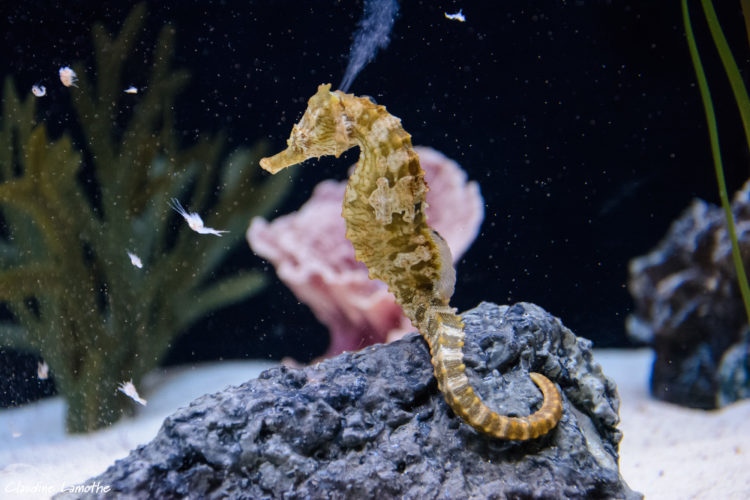
The lined seahorse (Hippocampus erectu) is a fish that calls the shallow waters of the Chesapeake Bay home. The female lays her eggs into the male’s brood pouch, then the male seals the pouch, fertilizes the eggs, and incubates them for about two to three weeks before hatching. The father seahorse actually carries the hatched embryos in his pouch until they are able to swim freely. When it’s time for his young to be born, he holds on tight to an object and pushes them out of the pouch!
Osprey
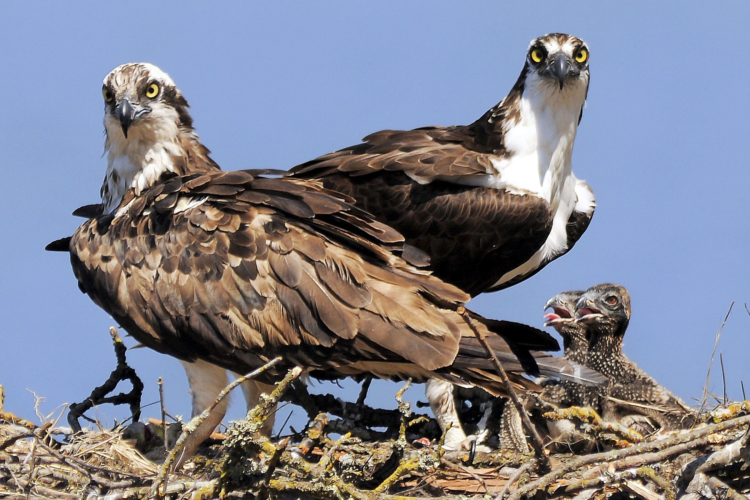
This North American raptor (Pandion haliaetus) is a superb angler that can dive into water while using caching techniques that varies with the type of fish it is preying upon. A male osprey really gives a female a helping hand when caring for their young. This dad selects a nesting site, then usually fetches most of the materials needed for making their nest. Ospreys actually add to the same nests year after year, ending up with a giant nest! The male is the major provider of fish for his female and young during incubation and the nestling stage.
Red Fox
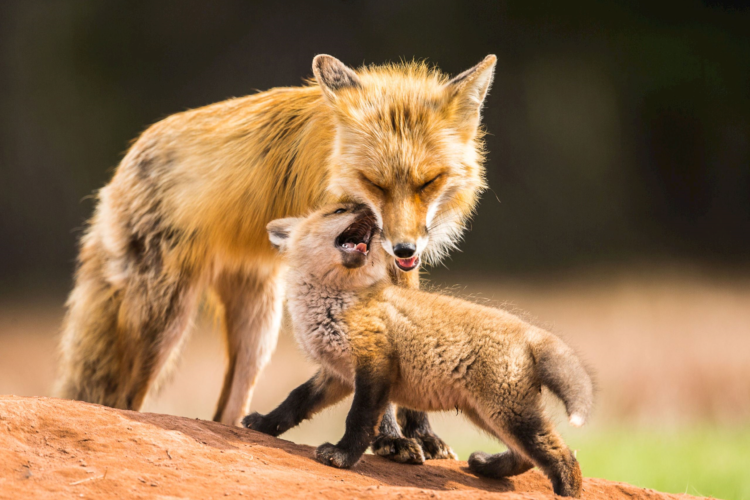
Around the time a female red fox, also known as a vixen, gives birth, she doesn’t stray far from the den. The male provides mom with food and his young, known as kits, with his warmth until his vixen can start leaving the den and hunt herself. The kits are born in the spring season, and the dad helps mom care for their pups until at least the fall of the year they were born. During this time, researchers have seen fox dads exhibiting excitement about their pups, playing with them endlessly.
After three months, it’s time for dad to start teaching the pups’ basic survival skills. Fox fathers bury surplus food close to the den and disguise it with leaves and twigs. This technique teaches the pups to sniff and forage. Just as the kits’ hair begins to grow into a red coat, both parents take the pups out for short hunting excursions until they grow the skills to hunt successfully on their own.
Giant Water Bugs
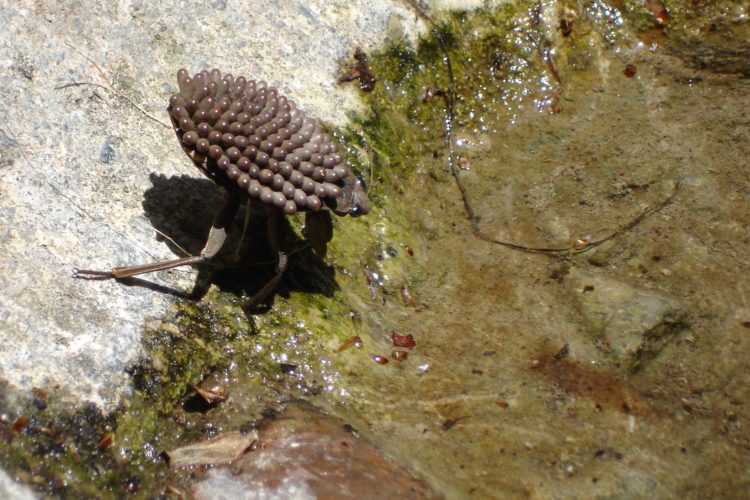
You can find giant water bugs (Belostomatidae) anywhere in freshwater streams and ponds all across North America. Not normally common in most insect species, these males are dedicated and cautious of their young. The male giant water bug copulates with the female, and she lays her eggs on his back. Multiple mating occurs with that female until his whole back is covered with 150 or more eggs.
While responsible with the eggs, the dad exposes them to the air to prevent parasites and growth of mold. Being able to carry his young around, he keeps them safe from predators. Three weeks later all the eggs hatch, and the male allows his young to scatter away. Then, he kicks off the egg pads from his back to get ready for his next clutch in the breeding season.
Hellbender
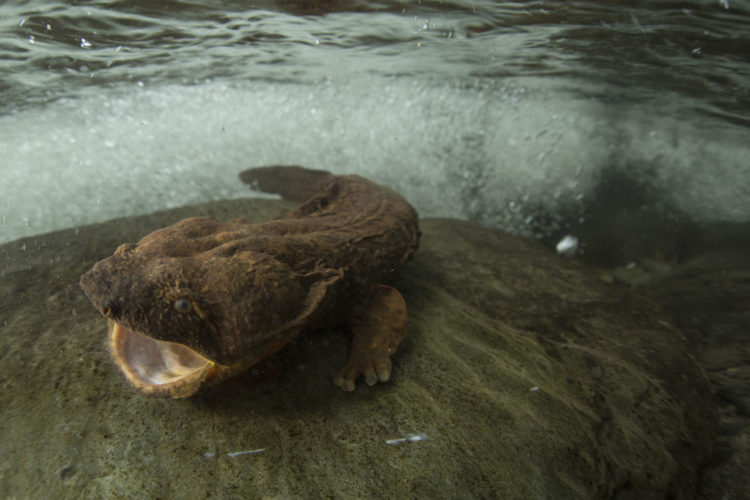
The hellbender (Cryptobranchus alleganiensis) is one of the largest fully aquatic salamanders in the United States, and can be found all along the Appalachian Mountains of North America. A hellbender dad will actually chase their partner away after she lays her eggs, leaving himself fully involved with his young until the larvae has hatched.
After fertilization, males vacate the burrow that the eggs were laid in to provide protection. The father becomes very aggressive and defends the fertilized eggs if another hellbender attempts to enter the burrow. Dad also provides a higher oxygenated environment to his young by using the skin folds on his sides to jostle the eggs, bringing oxygenated water near them.
Take ActionHelp these wild dads and others by ensuring they continue to have clean water!













